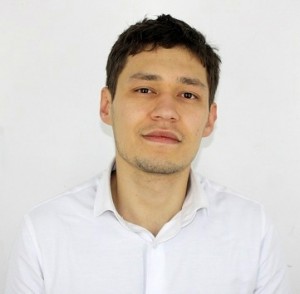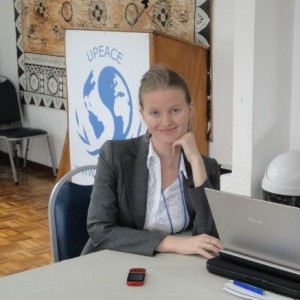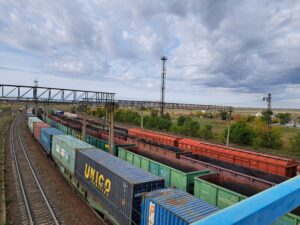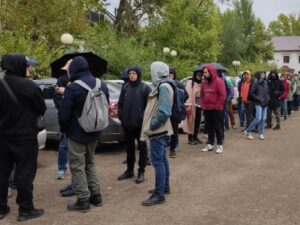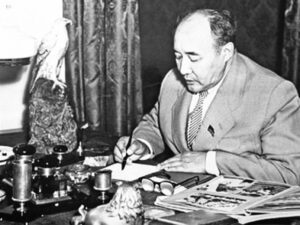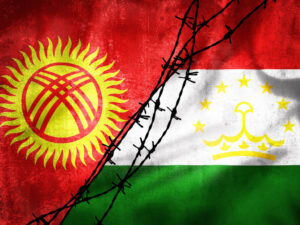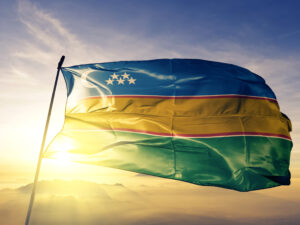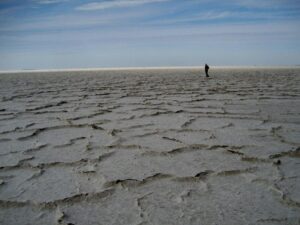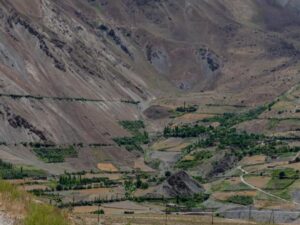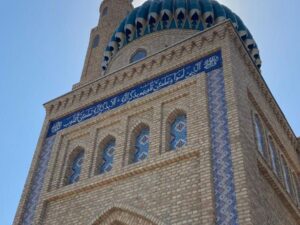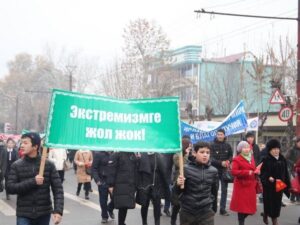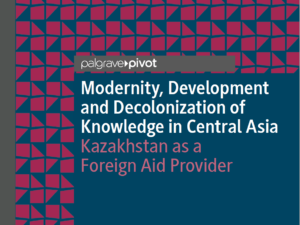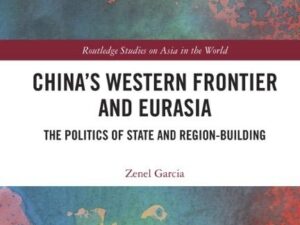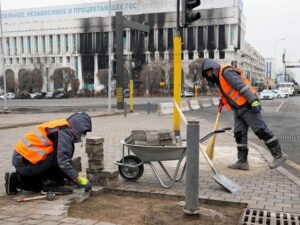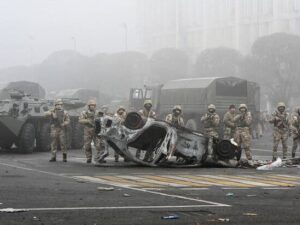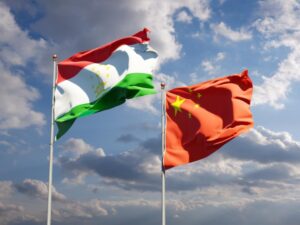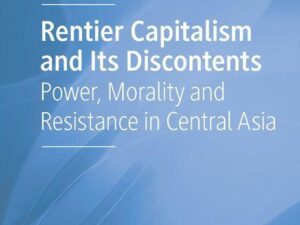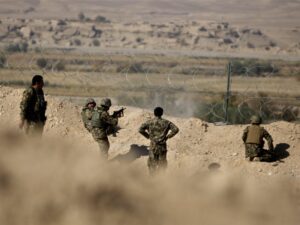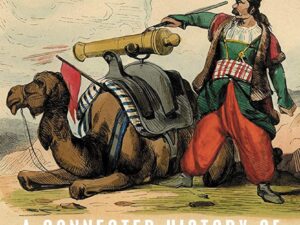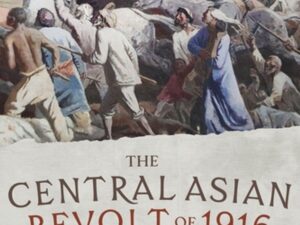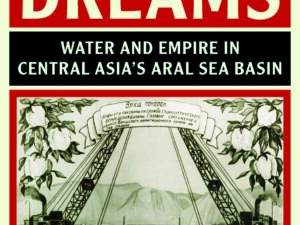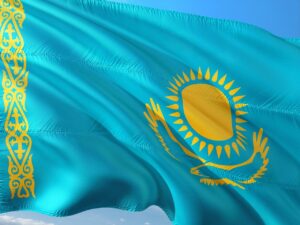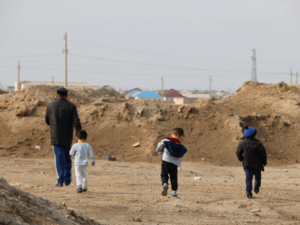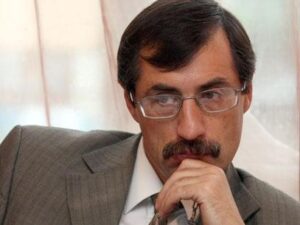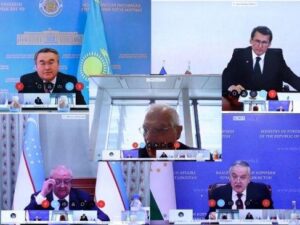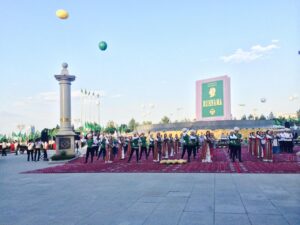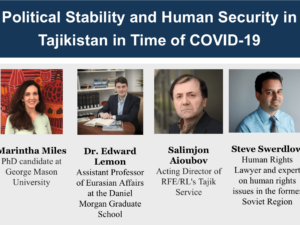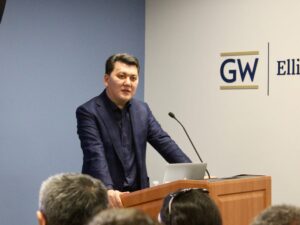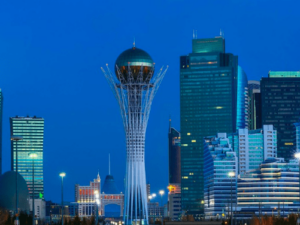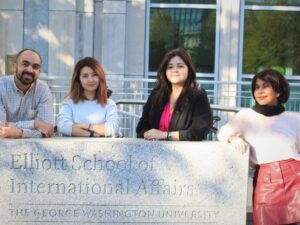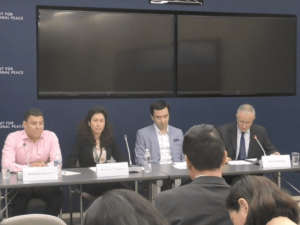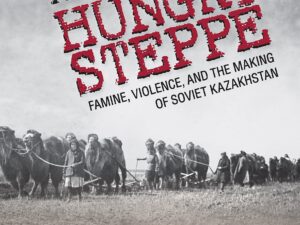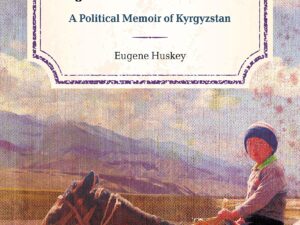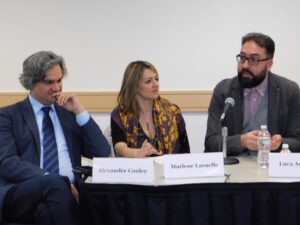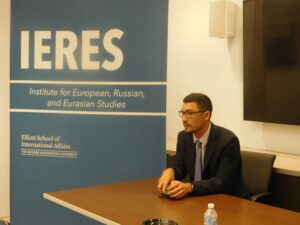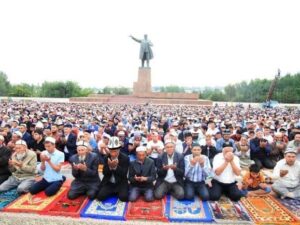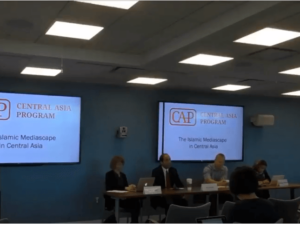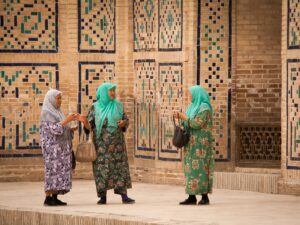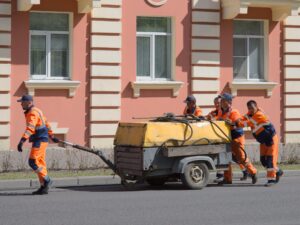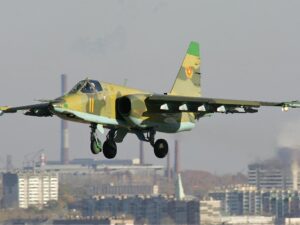
- This event has passed.
The Third Central Asia Fellowship Seminar
24 June, 2014 @ 4:30 PM - 7:00 PM
Reassessing the Water/Energy Nexus in Central Asia
The Third Central Asia Fellowship Seminar
June 24, 2014, 4:30-7pm
Lindner Commons, 6th Floor
George Washington University
1957 E Street, NW, Washington DC
The Central Asia Program and SIPRI North America have the pleasure to invite you to the Third Central Asia Fellowship Seminar.
4:30 pm. Welcome
– Chantal de Jonge Oudraat, Executive Director, SIPRI-North America
4.40 pm. Introductory remarks
The Water/Energy Nexus in Central Asia Do we ask the right questions?
– Marlene Laruelle, Director, Central Asia Program, GWU
4.50 pm. Speakers:
Shifting from Regional Water Approach to National Solutions. The Case of Uzbekistan
– Nariya Khasanova, Central Asia Fellow (Uzbekistan)
How Local Rural Governments can respond to Energy Shortages in Tajikistan
– Said Yakhyoev Central Asia Fellow (Tajikistan)
Discussion
6:00 pm. Reception
Central Asia Fellows
Said Yakhyoev holds master’s degrees in Political Science from OSCE Academy and in International Peacebuilding from the University of Notre Dame. Said’s interest and experience are in good governance in the extractive industries and its linkages to conflict. He has worked at a non-profit Bank Information Center in Washington, D.C. where he promoted transparency and sustainable policies of the international financial institutions investing in extractive industries. He works at the OSCE Office in Tajikistan promoting development policies and cross-border trade. During his fellowship he studied the ways Tajik rural administrations could answer their energy needs based on the example of the Rasht Valley.
Nariya Khasanova graduated from the University of World Economy and Diplomacy in Tashkent, where she studied International Economic Relations. She has undergone two internships at the UN (UNDP Office in Uzbekistan; UNDP Bratislava Regional Center). She has also been working on an Asian Development Bank Project in Uzbekistan. Her interest in development, peace, and conflict studies led her to the UN Mandated University for Peace, where she obtained her master’s degree in Sustainable Urban Governance and Peace. During her fellowship she studied deconstructed the Rogun issue by demonstrating the need to shift to national solutions in terms of water use.
The Central Asia Fellowship Program
Central Asia has a chronic and acute lack of public policy experts and the opportunities for young professionals to hone their analytical skills are few and far between. The lack of a robust pool of public policy experts, compounded by the entrenched ideological divide existing between civil society and academia, has had a detrimental effect on the transparency and vigor of policy debate in Central Asia.
The CAP-SIPRI North America Central Asia Fellowship Program is intended for young professionals—scholars, government officials, policy experts, human rights and democracy activists—who want to enhance their research and analytical skills and seek to become public policy leaders in their respective countries. More generally, the fellowship program seeks to provide a platform for the exchange of ideas and build lasting intellectual networks between the Central Asian and the US scholarly and policy communities.

